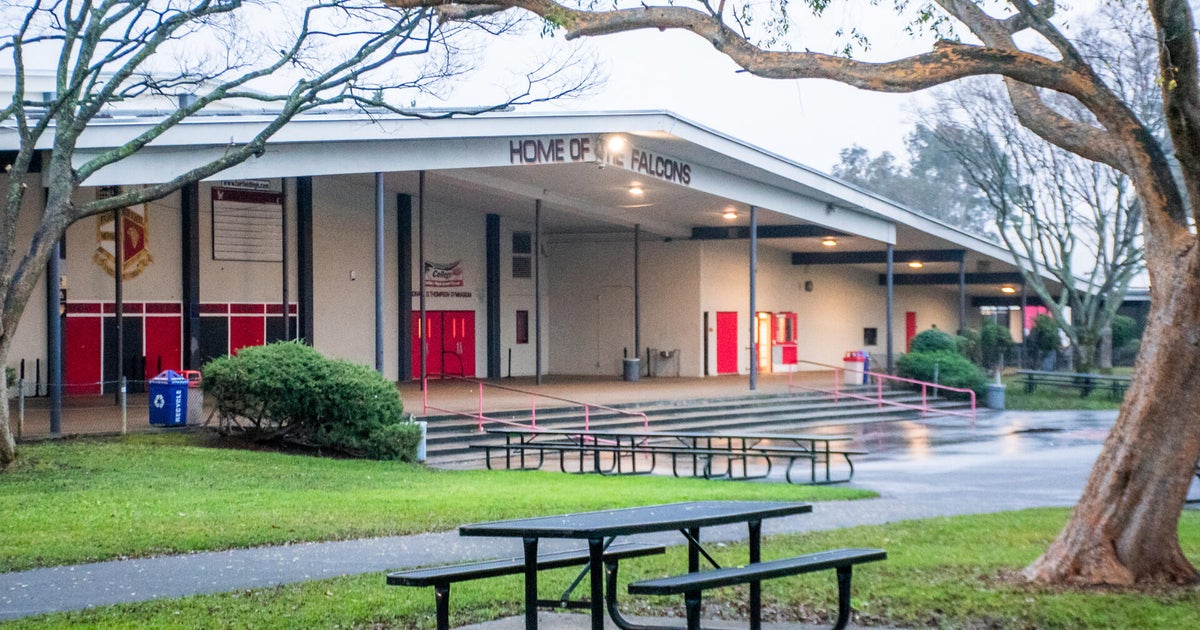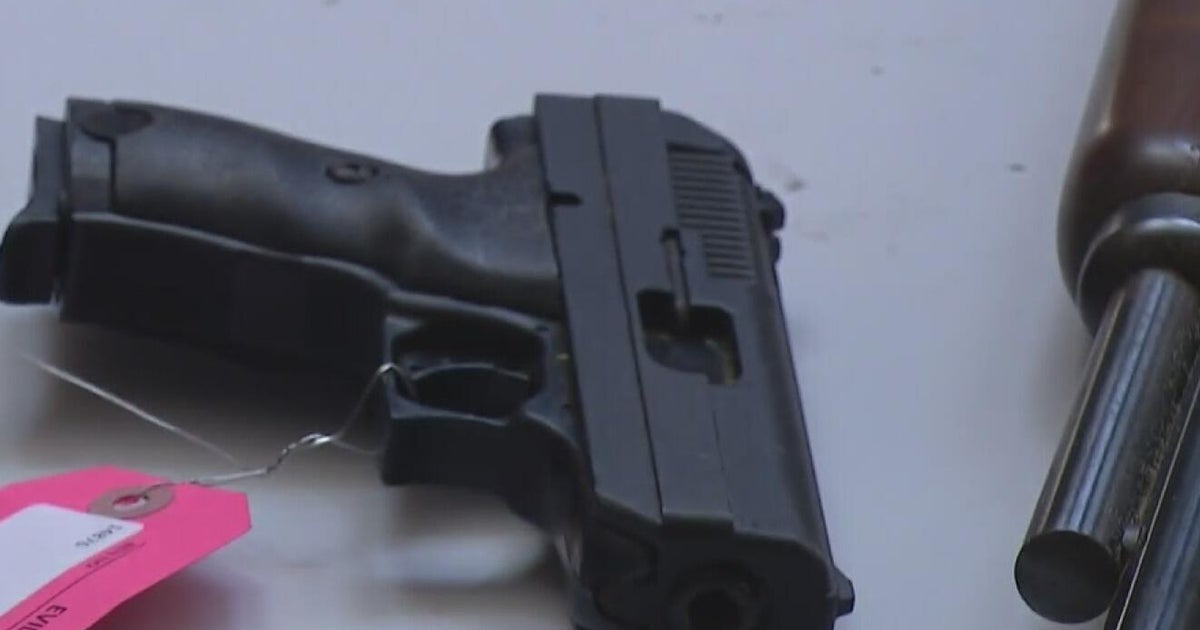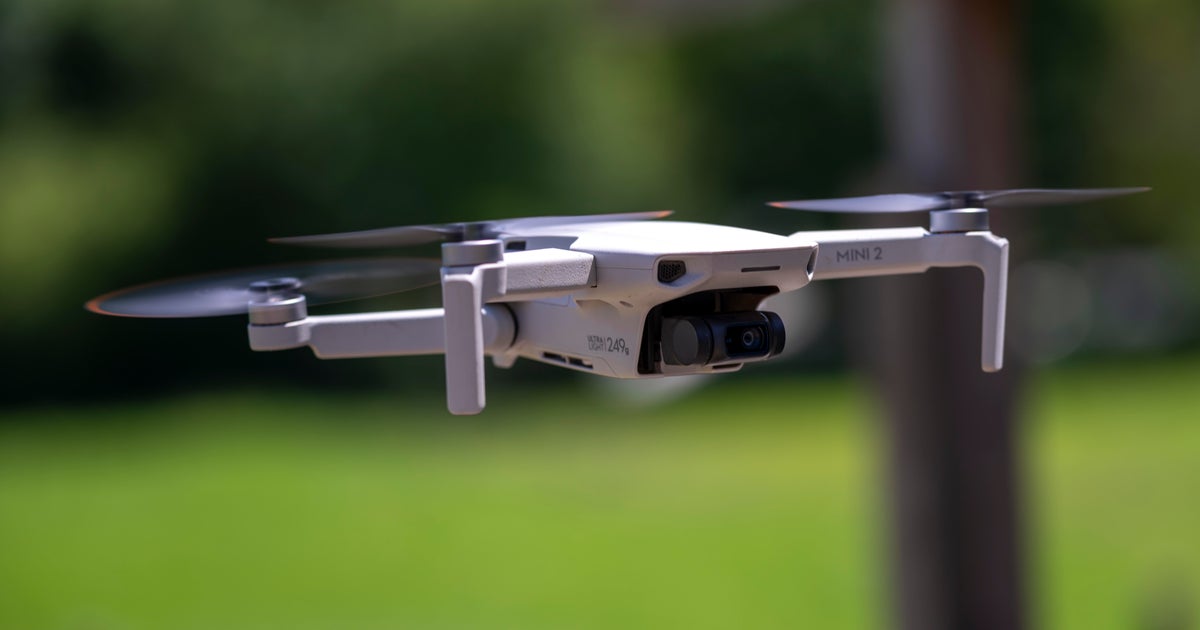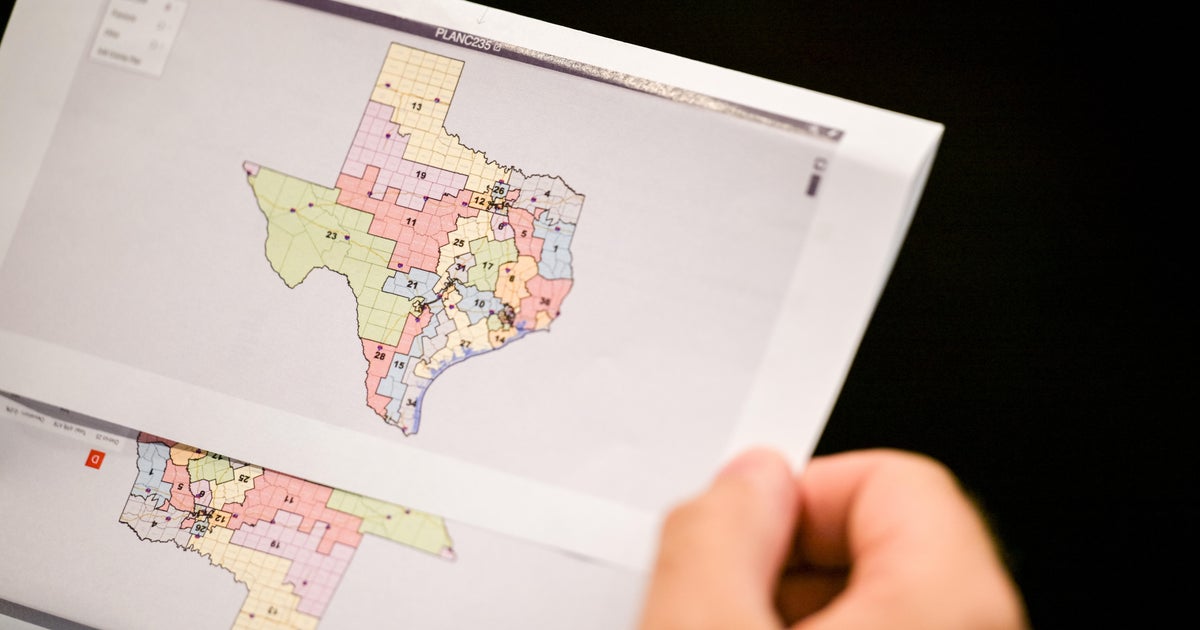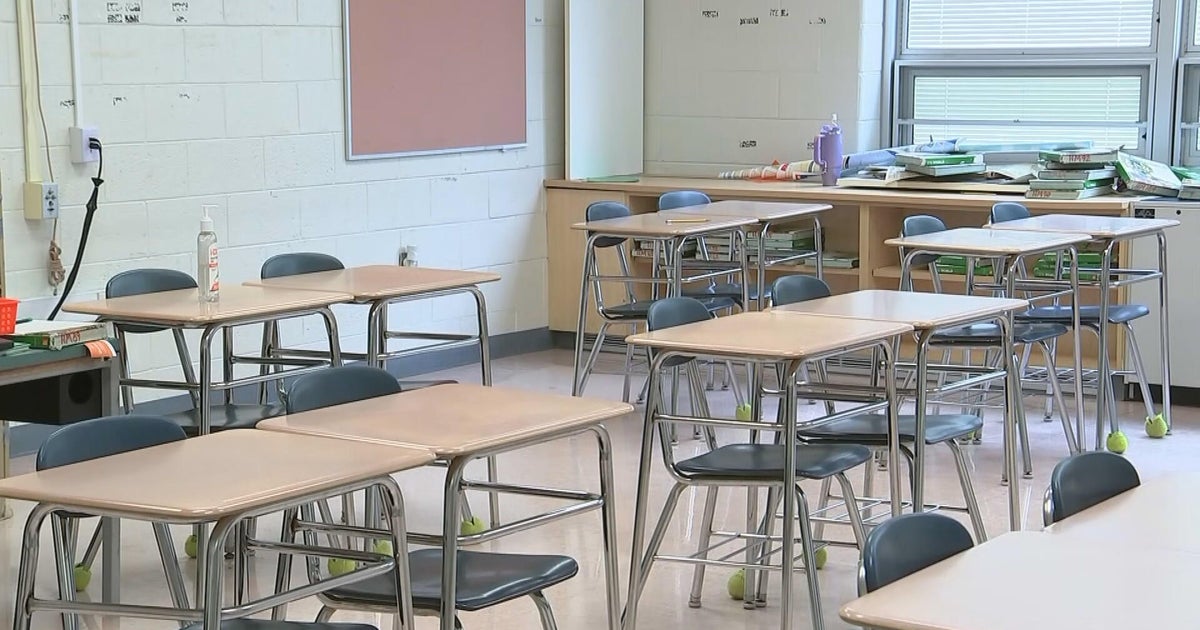Illinois Supreme Court upholds state's ban on semiautomatic weapons
The Illinois Supreme Court has upheld the state's ban on the sale or possession of the type of semiautomatic weapons used in hundreds of mass killings nationally.
In a 4-3 decision Friday, the high court found that the Protect Our Communities Act does not violate the federal Constitution's guarantee of equal protection of the law nor the state constitution's bar on special legislation.
The court also decreed that state Rep. Dan Caulkins, a Decatur Republican, and like-minded gun-owners who brought the lawsuit had earlier waived their claims that the law infringes on the Second Amendment to own firearms and could not raise it before the Supreme Court.
The Second Amendment claim is alive, however, in several federal lawsuits filed in southern Illinois, later consolidated and awaiting appeals court action.
The law bans dozens of specific brands or types of rifles and handguns, .50-caliber guns, attachments and rapid-firing devices. No rifle is allowed to accommodate more than 10 rounds, with a 15-round limit for handguns. The most popular gun targeted is the AR-15 rifle, which can be found in at least 25 million American households, according to 2021 research by Georgetown University.
Democratic Gov. J.B. Pritzker signed the Protect Our Communities Act hours after lawmakers sent it to him in a lame-duck session in January, months after a shooter using a high-powered rifle killed seven and injured dozens on Independence Day 2022 in the Chicago suburb of Highland Park. The new law set off a firestorm of criticism from gun-rights advocates, including county sheriffs who were nearly unanimous in signing a statement that they would not zealously enforce the law.
Bolstered by the 2022 U.S. Supreme Court case that determined Americans have a right to carry weapons in public for self-defense, Caulkins and other gun owners say the semiautomatic ban clearly violates the right to possess guns. But they also claim it violates the Constitution's right to equal protection of the law and a state constitution provision banning "special legislation" when a "general law is applicable." A lower court agreed in March.
The lawsuit alleges the law was unequally applied because anyone who had a semiautomatic weapon on the date the law took effect could keep it, although they're restricted in selling or transferring such weapons. They must register their guns with the Illinois State Police by Jan. 1, 2024.
The ban also exempts law enforcement officers, including those retired, and on-duty military. Critics argued many civilians have more experience and training in handling semiautomatic weapons than law enforcement officers.
Democrats, who control all levers of the state's legislative and executive branch, also have a 5-2 majority on the state Supreme Court.
Several other lawsuits against the ban filed in federal court were consolidated and are awaiting action in an appeals court. It's possible the Illinois high court's action would answer questions posed in the federal queries.
In May, the U.S. Supreme Court denied a request to block the Illinois ban.
In a statement Friday, Pritzer said he was "pleased" with the Illinois Supreme Court's decision.
"This is a commonsense gun reform law to keep mass-killing machines off of our streets and out of our schools, malls, parks, and places of worship," he said. "Illinoisans deserve to feel safe in every corner of our state—whether they are attending a Fourth of July Parade or heading to work—and that's precisely what the Protect Illinois Communities Act accomplishes. This decision is a win for advocates, survivors, and families alike because it preserves this nation-leading legislation to combat gun violence and save countless lives."



